Salve, everyone. I was playing a campaign on 1.0 that just got rather interesting with political interplay,and was inspired to write a story about the characters involved. In doing so, I hope to show how you can portray your characters by role-playing them according to their traits, to spice up your game a little. All of these characters involved are real game characters, NO cheating involved in getting them any of these traits, I just play it how it comes. And so, here is the first installment:
Note: for the reader's convienence, I am using the Julian calendar even though it is inaccurate for this perod.
PRIMVS INTER PARES
In 199 BCE, The Roman Republic was on the ascent. It had concluded the Second Punic War some 10 years previously, and had only recently settled peace agreements between the Antigonids and other Hellenic states in Achaea, after tromping a Consular legion through the Peloponnesus and rasing the siege of Athens itself, punishment for Macedonia's alliance with Carthage during the war. The Republic had established client kingdoms of allied tribes on both sides of the sea, with both Iberians in the west and royal Dalmatian and Illyrian clients in the east. In 203, however, migrations of Dacian tribesmen, repulsed from the northern steppes and forests by fierce Germanic peoples, again turned their attentions southward, and abutted against the newly established Roman client states on the Adriatic coast. At first small bands of radiers and bandits would attack trade caravans and outlying smallholdings, and then more notable war chiefs and their followers began to move south west in force. The Illyrian soldiers proved inadequate to supress such a widespread movement, and thus, in 200, the aedile Numerius Julius Caesar was given a Consular Tribunate imperium, and given command of two legions of seasoned veterans of the Punic War to settle the issue with the Dacians. Caesar was a war hero and had served in both Hispania and Africa, and took command only after being promised the Consular Tribunate by the Seante, seeing as he would miss his chance to run for the Praetorship in the following year. Meanwhile, in Rome, the man of the hour is another Numerius, of the Cornelli Scipiones. Numerius Cornelius Scipio, another hero of both the Punic and Macedonian wars, was amassing great influence and wealth for himself both by his family's name and his new clients in Macedonia. Insulted at the Senate's denying him command in Dacia, he contemplates and broods, which in the near future will bode ill for the fate of the Republic...
Roma, Latium
Italia
Nones of September, 199 BCE
"For my part, I will do my duty as a general; I shall see to it that you are given the chance of a successful action." --Lucius Aemilius Paullus (c.228-c.160 BCE)
"I tell you, Marcus Porcius, it is absolutely not fair." Numerius Cornelius Scipio said, with all the assurance of a man used to getting his way. He was young and influencial, from the most noble of aristocratic families, and, at the age of 34, had already commanded legions in defense of the Republic, earning him the praise and trust of the people of Rome, yet the scorn and unease of its Senate.
He stood, slipping on his sandals and moving to the portico, rain drizzling at his feet. The night air was cold, uncommonly so for the season, and a dark front of clouds flecked with the occasional flash of lightning cast a pall over the slumbering city of Rome.
The view of the city was good, as their domus was perched on the Palantine, directly adjacent to the Forum on the corner of the Clivus Sacer and Clivus Orbius. To the west he could see the lightning flashes reflected off the bend in the Tiber as it snaked its way through the city beyond the Aventine and out to the sea. The cold air filled his lungs and the rain fell on his brow, cooling him.
"Numverius Cornelius, you are being over-dramatic, I think." Marcus Porcius was not so a fortunate son as Scipio, and their friendship was an unlikely one. Porcius--who had taken to calling himself Cato recently, was a Plebeian eques from an obscure Tusculum family of local renown only, and was considered a new man within the Senate after having won both a quaestorship previously and an aedileship this year, he was one of Scipio's partners in running for the Praetorship the coming spring.
Cato did not like the rain, nor the late hour at which his friend had called upon him.
"Am I?" Scipio asked, turning dramatically. He had had a bit much to drink, it was obvious. "Here I am, reclining with businessmen and builders in the Forum, while Caesar is out in the provinces heaping glory upon himself. My father was Princeps Senatus! I tell you,it should have been I that was granted command against the Dacians."
"And what of it? My friend, there are always more wars to be fought. You, despite your age, are undoubtedly among, if not the-- First Man in Rome--You, you are the conquerer of Macedonia, the Subjugator of Athens! Your name is like wine on the lips of the capite censi--you are a shoe-in for the Praetorship next year." And, Cato knew, his attatching himself to Scipio would work wonders for his own political career.
"Let Caesar have his sloppy war against some insignificant tribe of barbarians.. will the people remember that?"
"Not when I'm finished, they won't." Scipio said, quietly.
*******
Roman Camp, Serdike
Dardania
The city of Sardika, or Serdike, was an ancient Thracian enclave established by a tribe known as the Serdi. It had for some time been occupied by Phillip of Macedon and Megas Alexandros himself, and in recent years had been invaded and occupied by some Getic chieftan, of whom no knowledge was to be had. Its walls were crude by civilized standards, Caesar thought as he rode the length of his own battlements, his palfrey courser pausing to graze now and again.
Caesar did not mind, it gave him the opportunity to study his enemies all the closer.
The city butted up against an ancient black crag of rock and was generally raised in all directions by earth and stone, ringed by a stout stockade of wood and sharpened spikes atop stone mounds. Crude towers here and there gave overwatch over the river vallies, and only a few narrow cart-paths led up unto its barricaded gates.
Assault, then, was out of the question.
His own army, the remnants of two legions he had already marched the length and breadth of Illyria and only in the spring had moved into Dardania proper, was encamped directly opposite the city, controlling the trade routes from the south. The Roman fortifications were simple and laid out in a standard way, ditch and mound with a palisade of their own to discourage the enemy from launching a counter-attack.
As it stood, Numerius Julius Caesar decdied, he had not the men nor the methods to launch a full-scale assault on this stronghold, and thus siege was the only option.
And so, he would wait.
Caesar's two reduced legions
TO BE CONTINUED...

NVMERIVS CORNELIVS SCIPIO et
NVMERIVS IVLIVS CAESAR


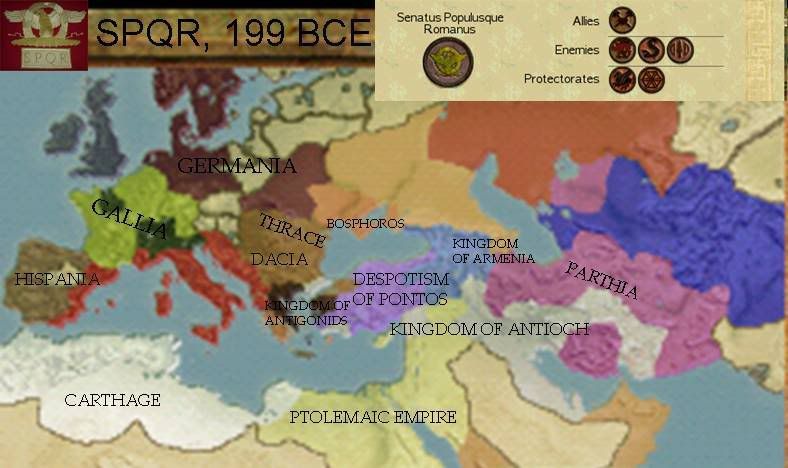






 Reply With Quote
Reply With Quote





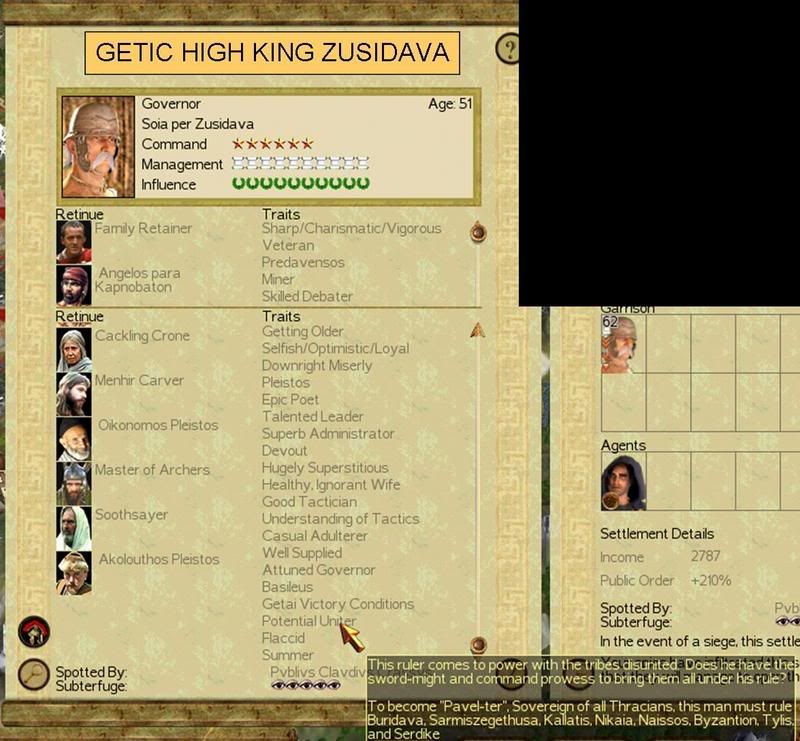
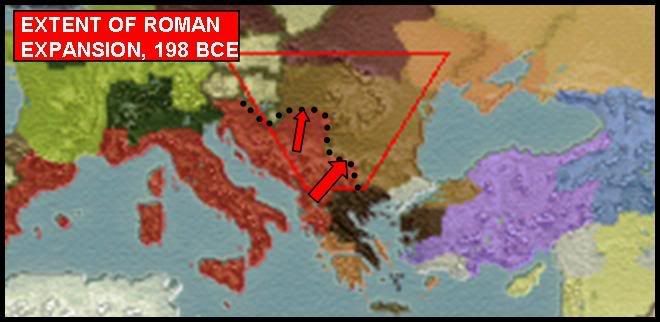
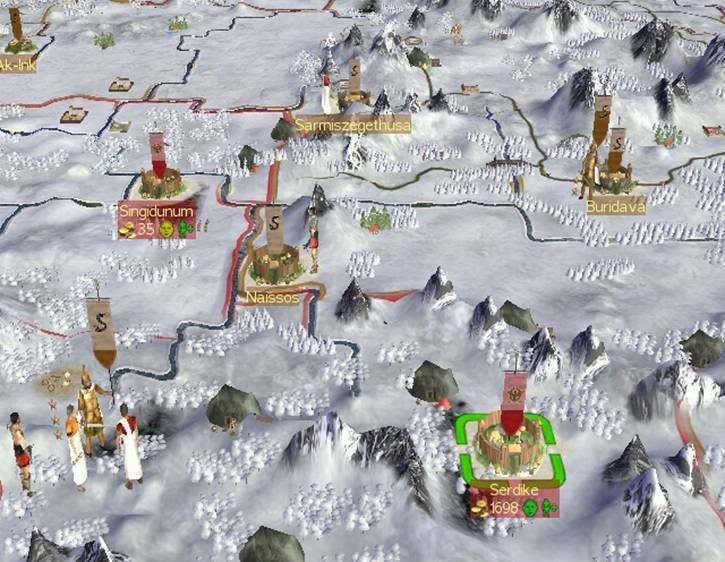
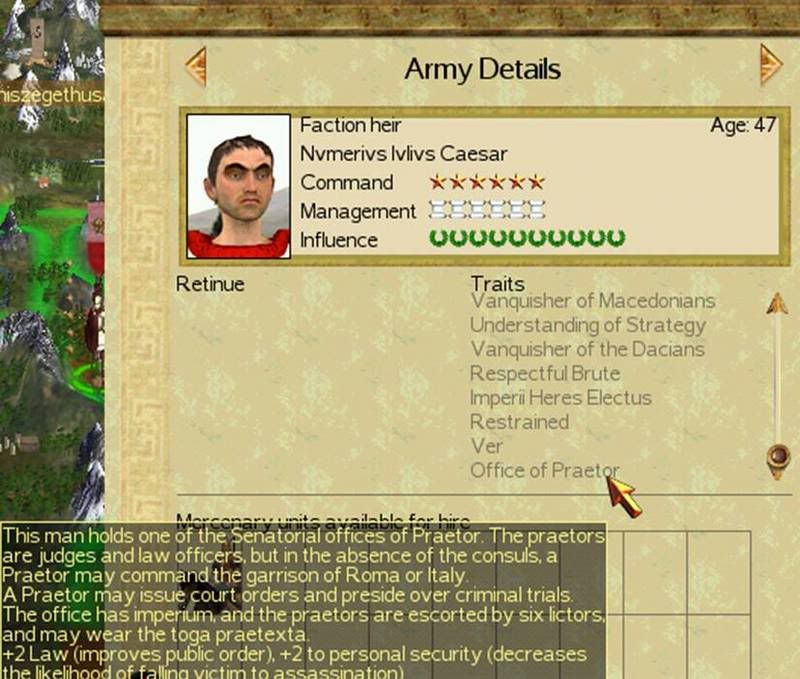
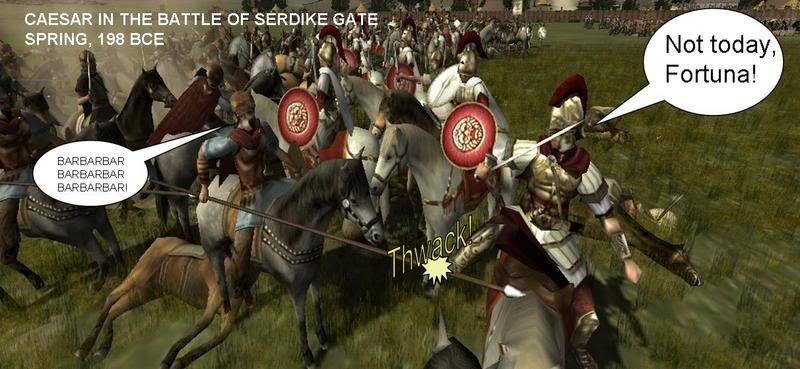
 ... and I'm in the purple! )
... and I'm in the purple! )

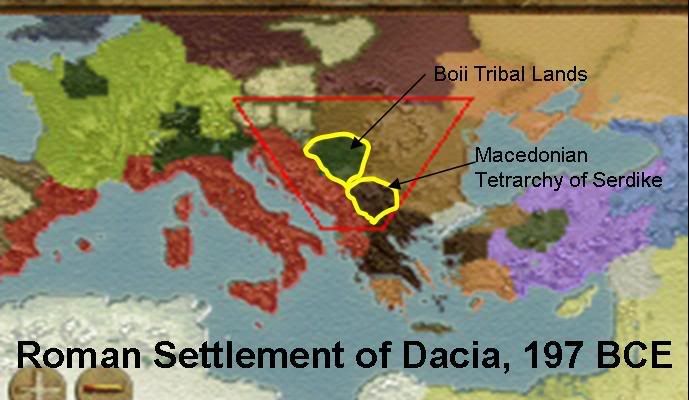

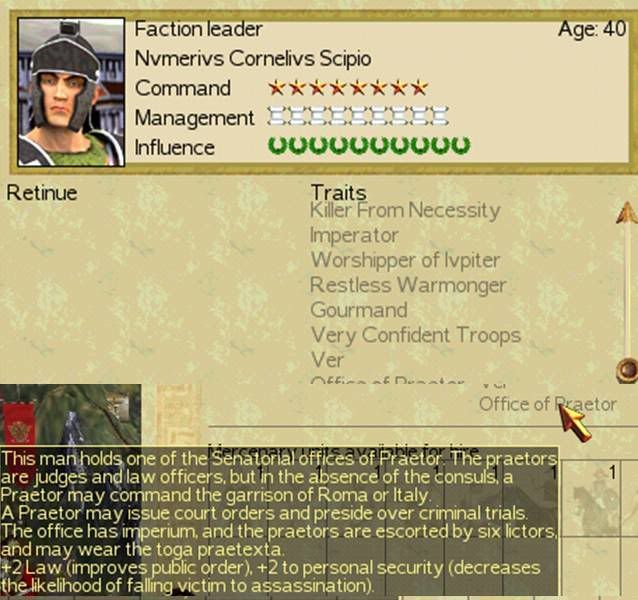


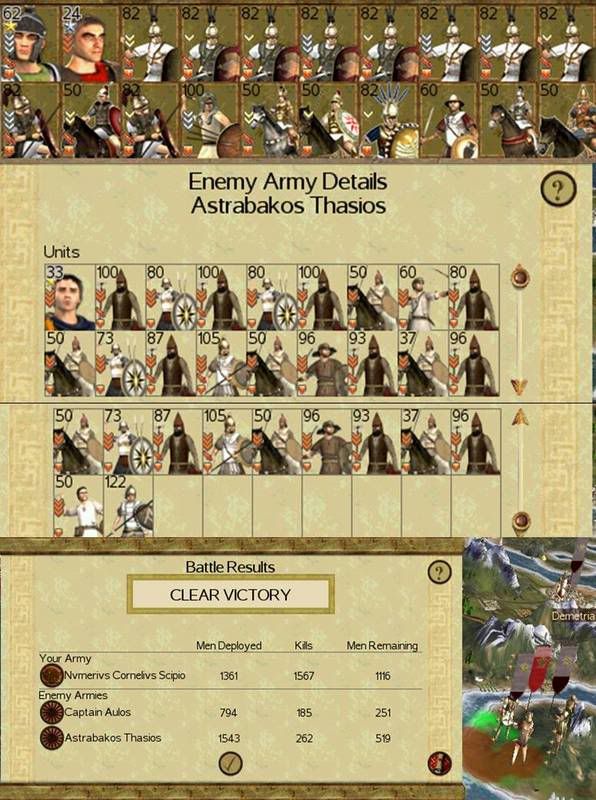


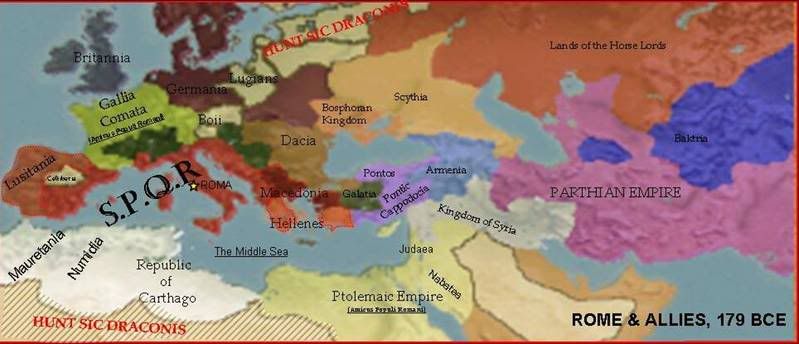
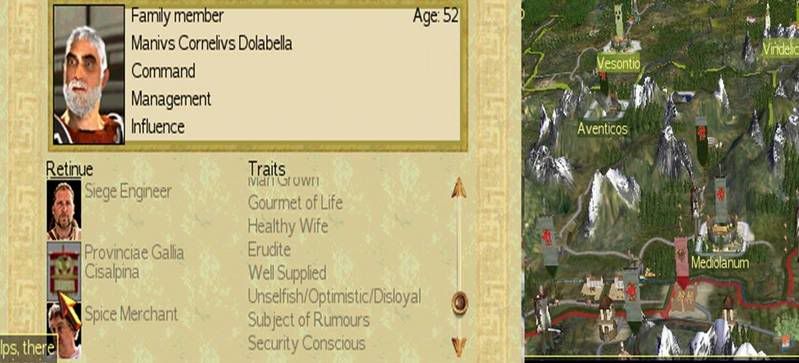

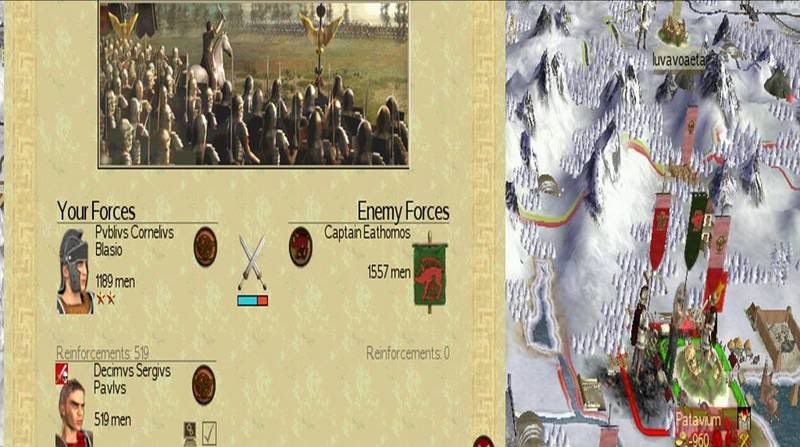
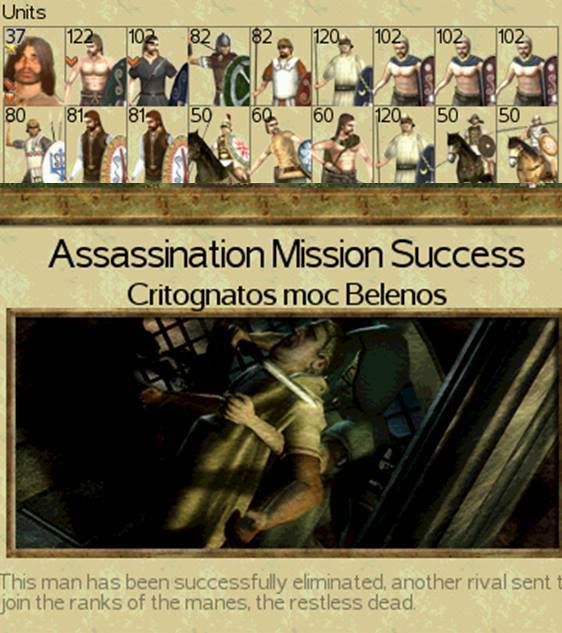


Bookmarks